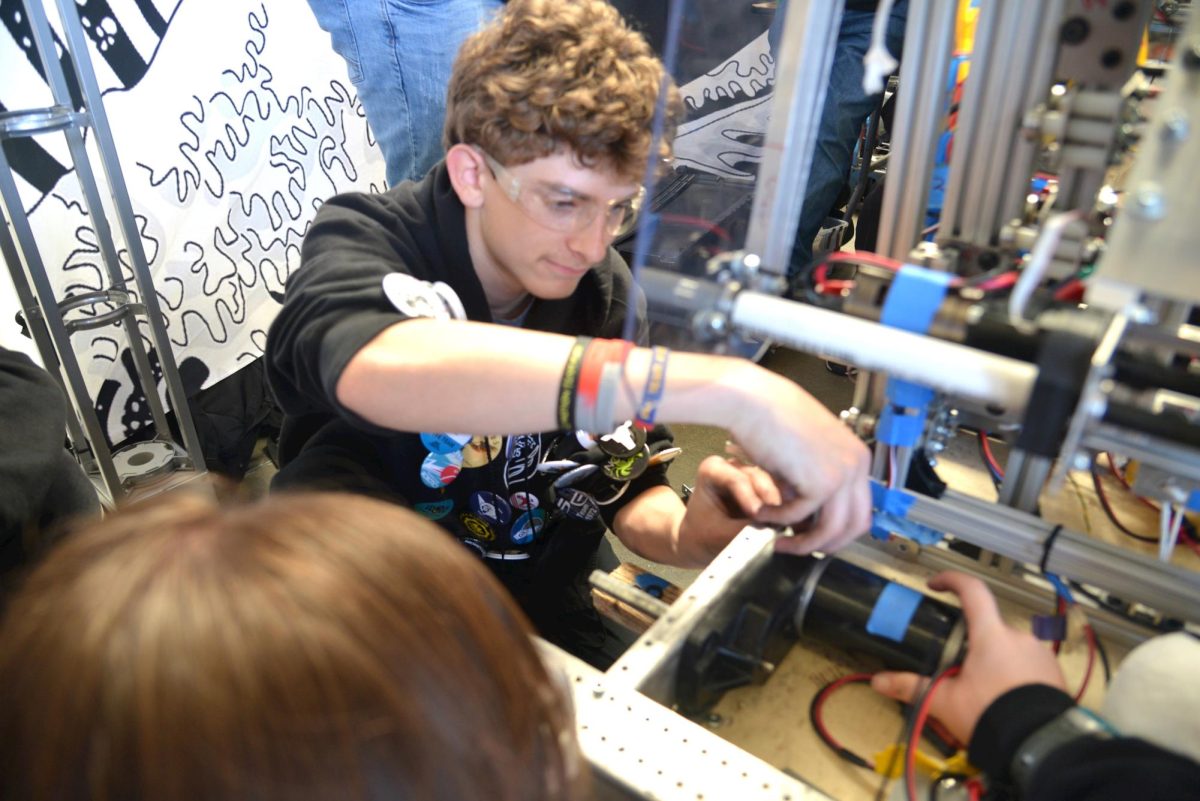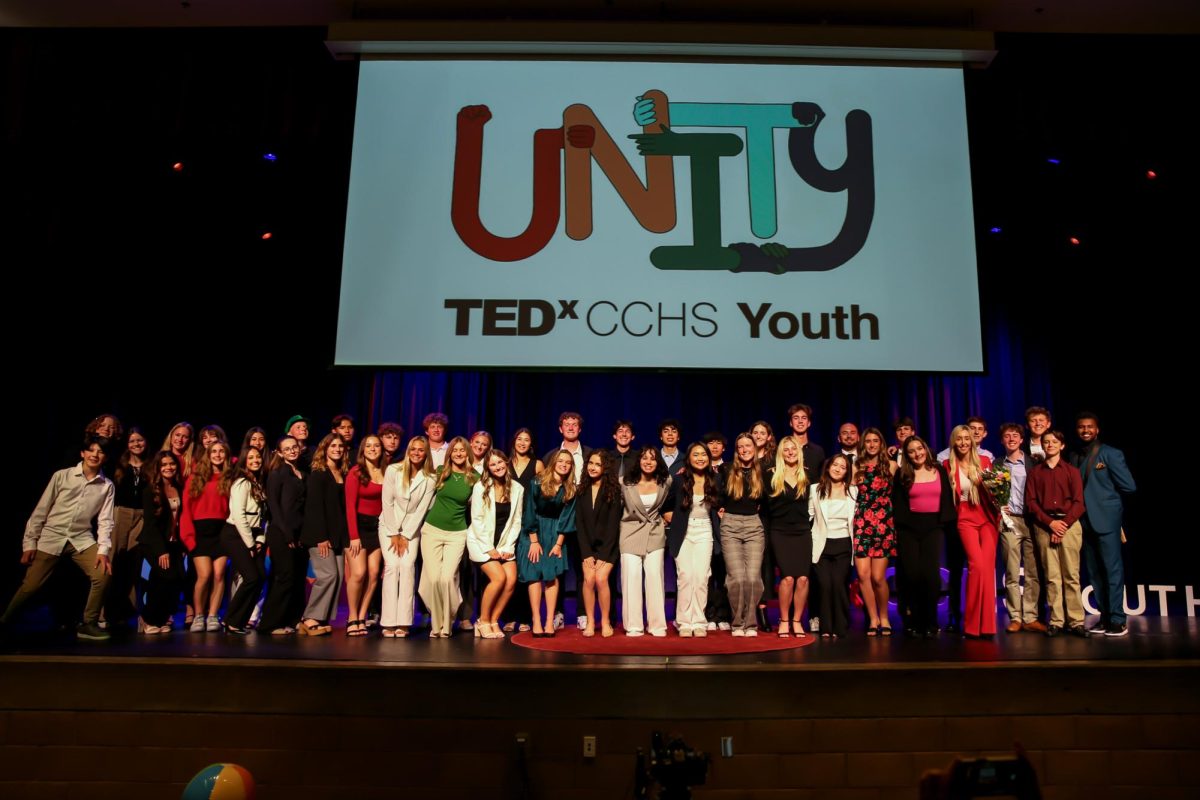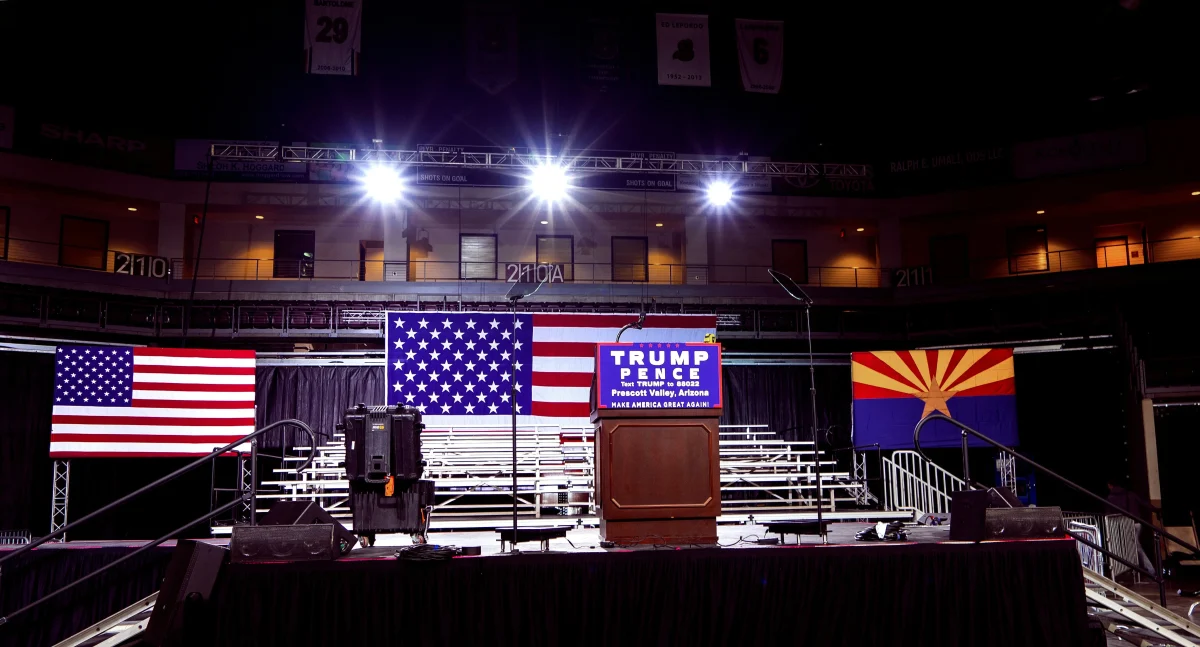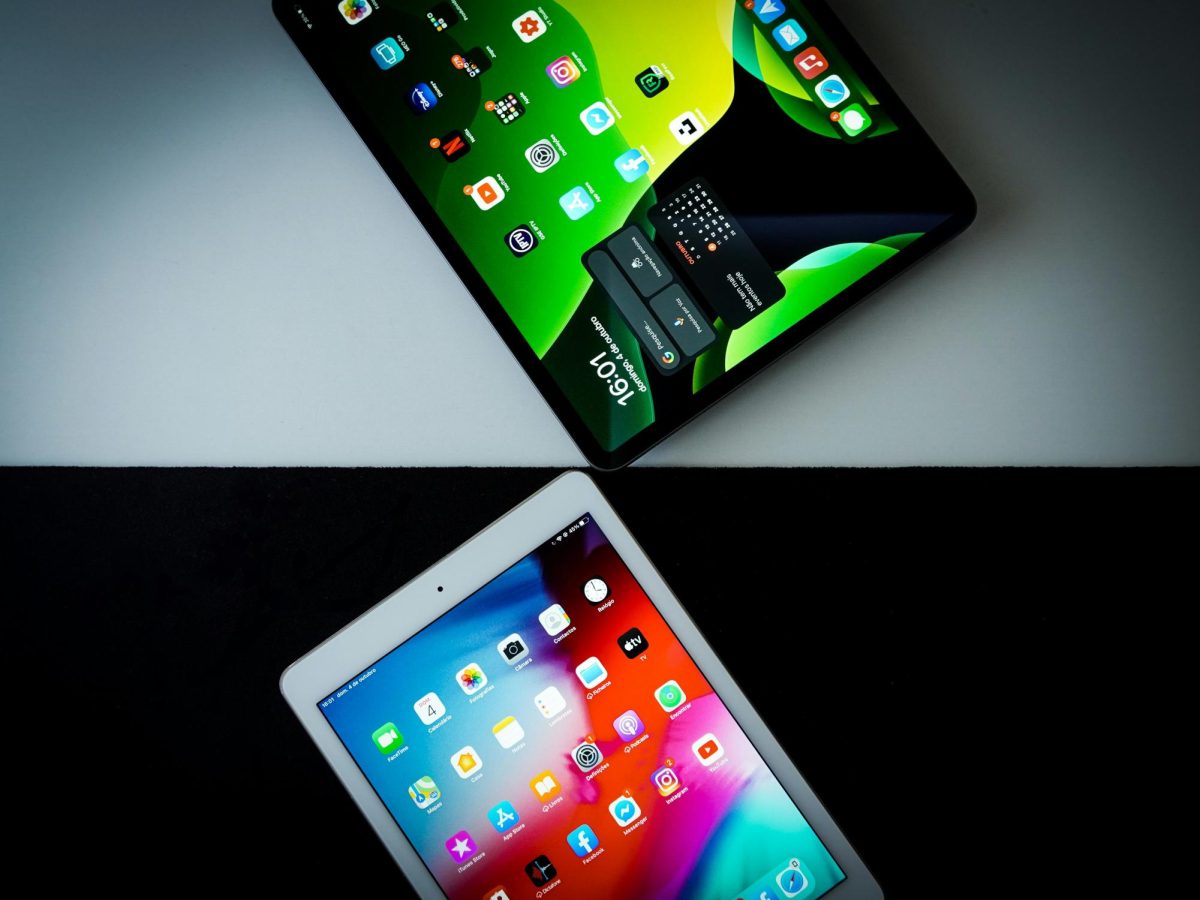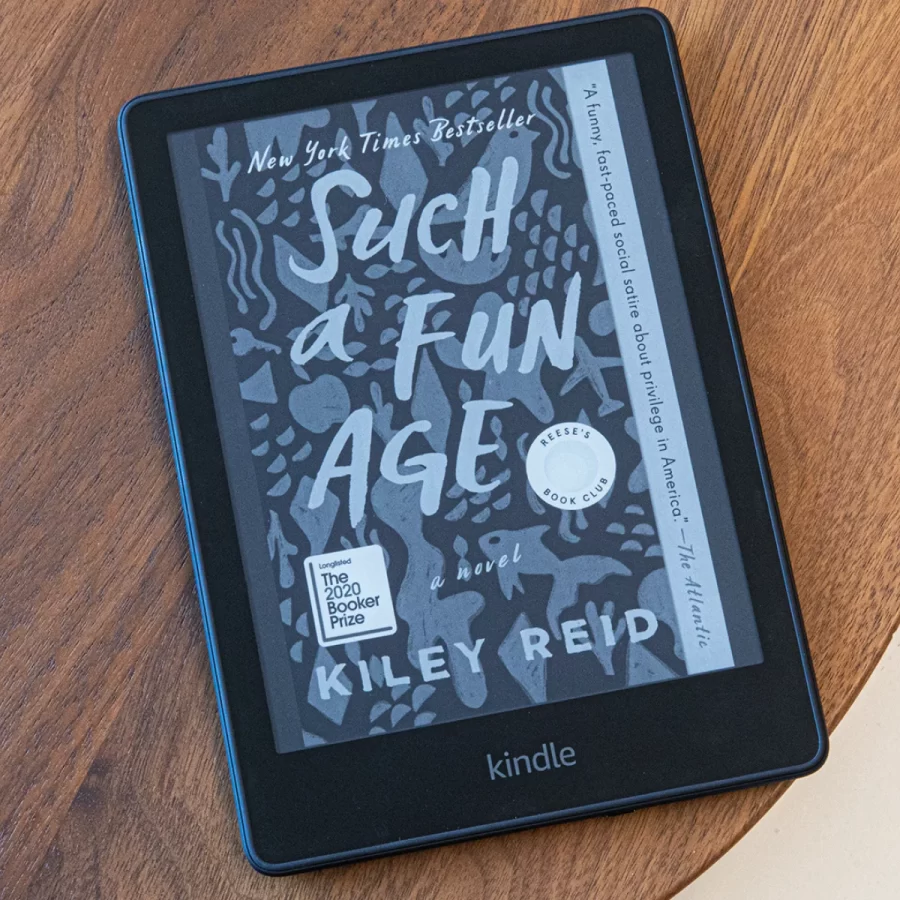Books vs. Technology: Is it a fair fight?
Molly Flores
New advances in technology have aimed to merge books and tech, such as the kindle depicted in this image. Yet through these new advances we are left to question: is there a point to foster a connection between books and technology? For many believe that books may slowly become obsolete in this new age.
In recent years, individuals have, without a doubt, become more heavily reliant on technology. As new iPhones and computers surface, with features to accompany them, a reliance on books to acquire new information has begun to fade into the past. Why search through a book for ten minutes to find an answer to a question, instead of googling the exact question, and watching thousands of results populate in mere seconds? Many may argue that books will not follow our society into the future. Yet I disagree—we are a society that, at this very moment, needs books and the knowledge within them to propel us forward.
Knowledge is something that can be acquired through both technology and books. Yet does the quality of knowledge vary by method of acquisition? This is something that may delude individuals, as many associate the quality of knowledge going hand in hand with the speed at which it is gained. The internet has made this belief easy: for results on the internet are created before our very eyes at an impossible speed. And the unknowledgeable are led to believe that everything on the internet is the truth, when in reality, that statement is completely false.
Anyone can write articles on Wikipedia. News sources are biased, and new advancements in AI have allowed for artificial intelligence programs to replicate the voices of individuals, manipulating these voices to say whatever they are programmed to. We are living amidst a large change in our world: both a change in our reliance on technology, and a change in the ways we use it. Safety concerns have been put on the backburner, and it seems as though technology companies value achievement over large-scale societal benefit.
Reading, on the other hand, is a time-consuming process. It takes weeks, perhaps even months, for many people to complete a book with full comprehension of the characters, plot and meaning. Reading is difficult. It is different than scrolling through Instagram, or sending a text message; things that are done at half effort, often while multitasking already. It is a pastime that requires your full attention, and anything less than this will not suffice. Many people have stopped taking joy in reading, for they are unwilling to offer both the significant time and energy it takes to complete a novel.
Reading is both a give and a take. It is not something that can be done halfheartedly. And if the process of reading is done halfheartedly, it does not produce a beneficial result. For we only receive back from the text what we put into it. Within our busy everyday lives, it is easy to prioritize things other than reading. After a busy day at work, it is unlikely that someone would want to pick up a book and start to read. Many find themselves relaxing after work, and associate relaxation with watching television or being on an electronic device. It is rare to find an individual that associates relaxation with a mind-stimulating activity such as reading.
In many ways, I do not think that the fight between books and technology is a fair one. We have created a world that puts too great of an emphasis on technology and social media; created a world that is interconnected and woven by technology itself. Oftentimes, when I am scrolling on my phone, it is not something that I even want to be doing. It is just something I feel as though I should do. Are we really using technology, or is technology using us?
Books create a relationship with the reader and the text. As in any healthy relationship, both sides must offer something. The reader must offer attention and understanding, while the author must offer perspectives and education. Without one of these two, it cannot be truly defined as reading. Without an attention to the text or an understanding of the author’s perspectives, it is simply skimming. Without an adequate description of universal truths by the author, it is not a quality novel. An ideal reading experience has the opportunity to be both freeing and transformative, yet it must include a strong relationship between the author and the reader. And that is not something that comes very easily, or very quickly.
Within a fast-paced world such as ours, many argue that all we can do is turn towards technology. That it is better to learn how to live with it, than strive to work against it. Yet this line between human and machine is becoming murkier and murkier. Where does it end? Will we really be able to stop this movement before we’re truly doomed?
Yet I don’t think that there has to be a fight at all between books and technology.
I believe that if we, as a society, choose to balance our immersion in books and technology evenly, then there is no true issue. The true issue lies in when we allow one to overpower the other, and command our existence. Books and technology have the ability to work together to educate a world. Both are outstanding methods, if used with caution and in measure.
I truly do not think that there will ever be an age where books become obsolete. I believe that there will always be the need for knowledge that comes within a physical book. There is something to be gained from reading words and flipping pages that cannot ever be replaced by technology.
Reading is a conscious, physical process. And a book is physical proof of an idea. A real, true, tangible idea that we cannot only see before us but we can touch and feel.
Books will never die. And I only hope that they will fare well against technology, in this inevitable fight to educate the world both as we know it today, and as we squint towards it in the future.





